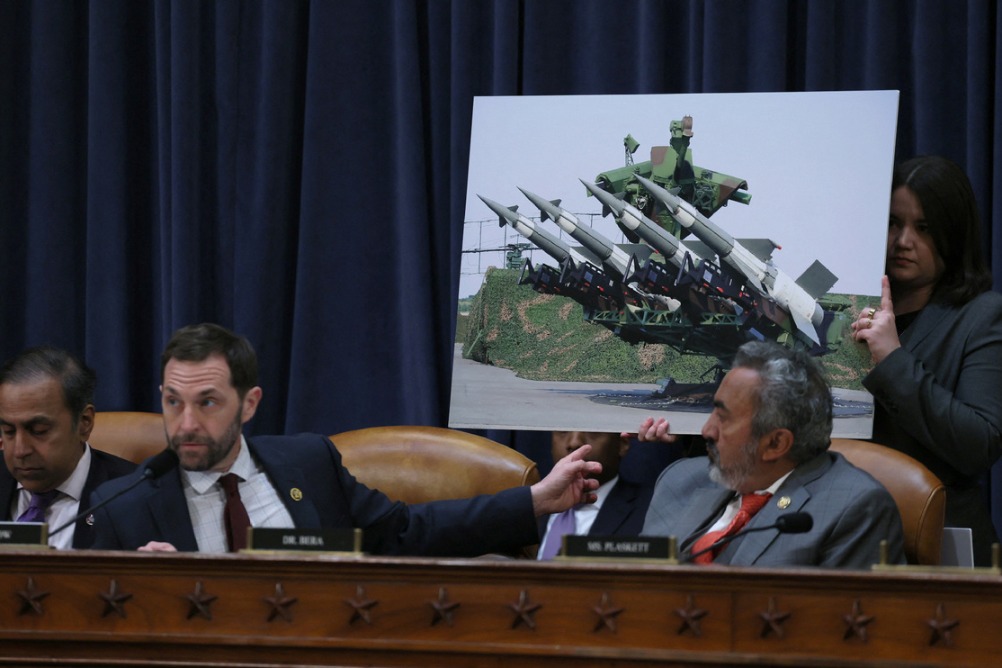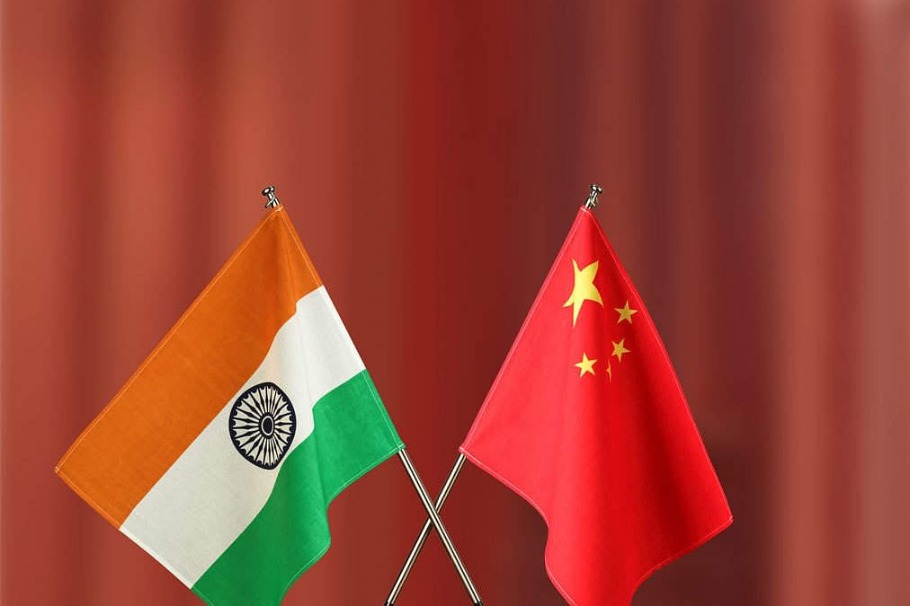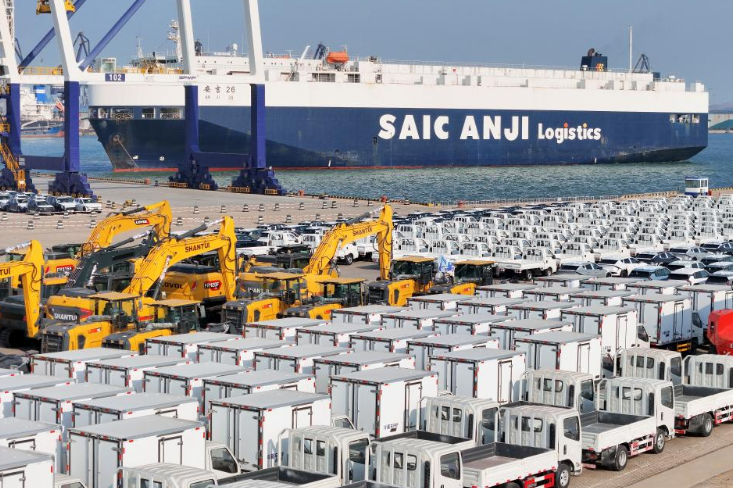Scholar: Cooperation with China 'wiser choice for US'

While competition may dominate China-US relations in the foreseeable future, cooperating with Beijing will be the wiser choice for Washington, said Kishore Mahbubani, distinguished fellow at the National University of Singapore's Asia Research Institute.
Mahbubani said that there is no question that the China-US competition will intensify in the years to come, "because the United States, even though it is badly divided now as a country, is only united on one thing, that the United States must stop China". However, the US should work with China rather than seek to halt its development, the former Singaporean diplomat told China Daily in an exclusive interview during the recent Boao Forum for Asia Annual Conference 2025 in Hainan province.
Mahbubani highlighted the significance of China-US cooperation on artificial intelligence. "The United States thought that in the field of artificial intelligence, it was so far ahead," Mahbubani said. "It was confident that no other country could catch up with it and certainly not China, because it had imposed restrictions on the export of the most advanced chips to China." DeepSeek's rapid attainment of performance parity with the US AI models is particularly impressive, he said, warning that AI is poised to disrupt both domestic societies and international relations, underscoring the importance of constructive dialogue between China and the US on this critical technology.
Regarding US trade policy, Mahbubani pointed out that tariffs implemented by President Donald Trump's administration will undoubtedly harm the global economy. "But at the same time, I think Trump is using these tariffs as a bargaining tool," he added. "It is possible that he will impose the tariffs on different countries and then withdraw them when he has reached a deal."
When asked about China's economic growth target of around 5 percent for 2025, Mahbubani refuted the idea that the Chinese economic growth story is over. He said that China has outpaced other major economies in investing in "industries of the future", such as electric vehicles, solar panels, wind turbines and robotics. "It's a huge mistake to think that China's growth story is over," he said, adding that the world's second-largest economy is set to continue to grow, although it may not grow at 8 to 9 percent as it did before. "China will still become the world's largest economy."
Mahbubani, who once served as Singapore's permanent representative to the United Nations, urged the international community to work together to persuade the US that negotiation can lead to more favorable economic outcomes. "Other countries are prepared to negotiate, because we want the United States to be part of the global solution to the challenges of resetting world economic growth," he said.

































